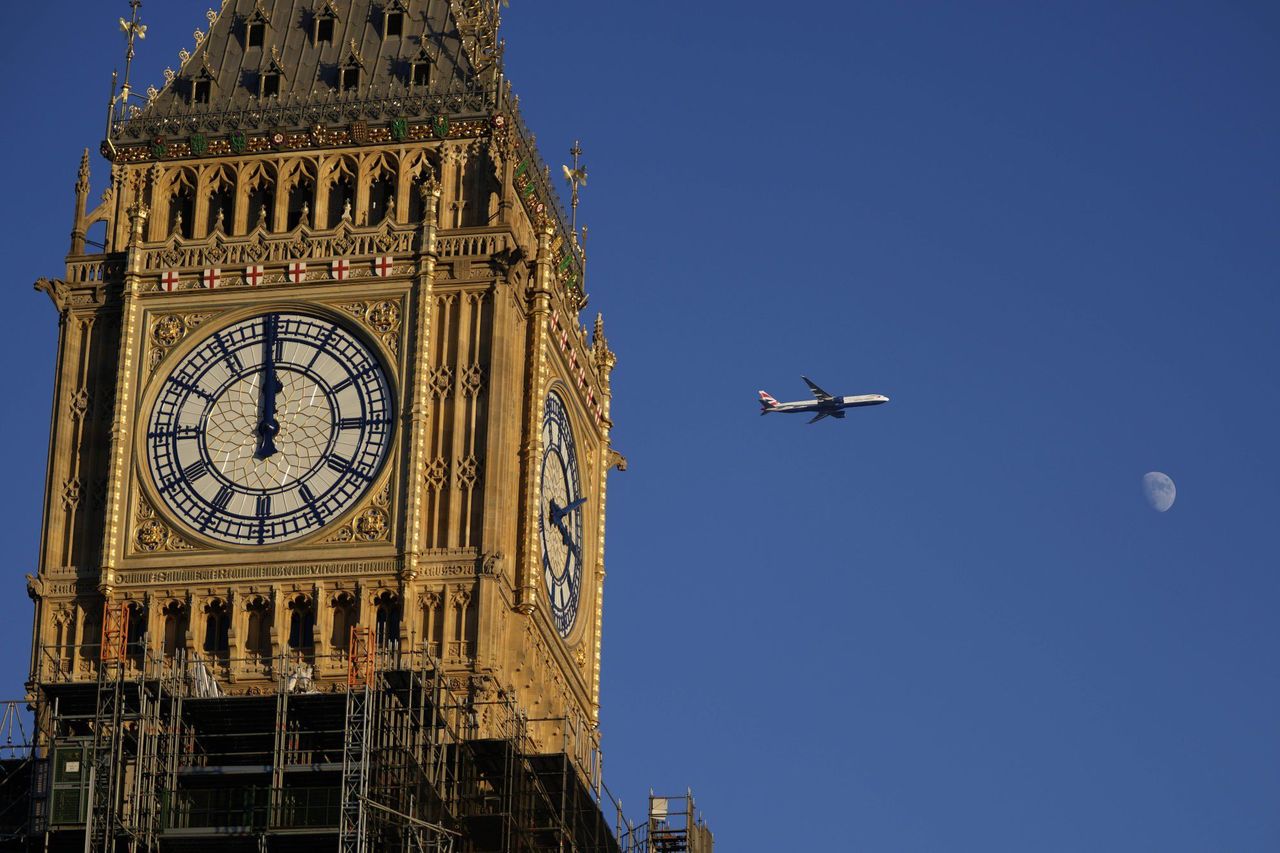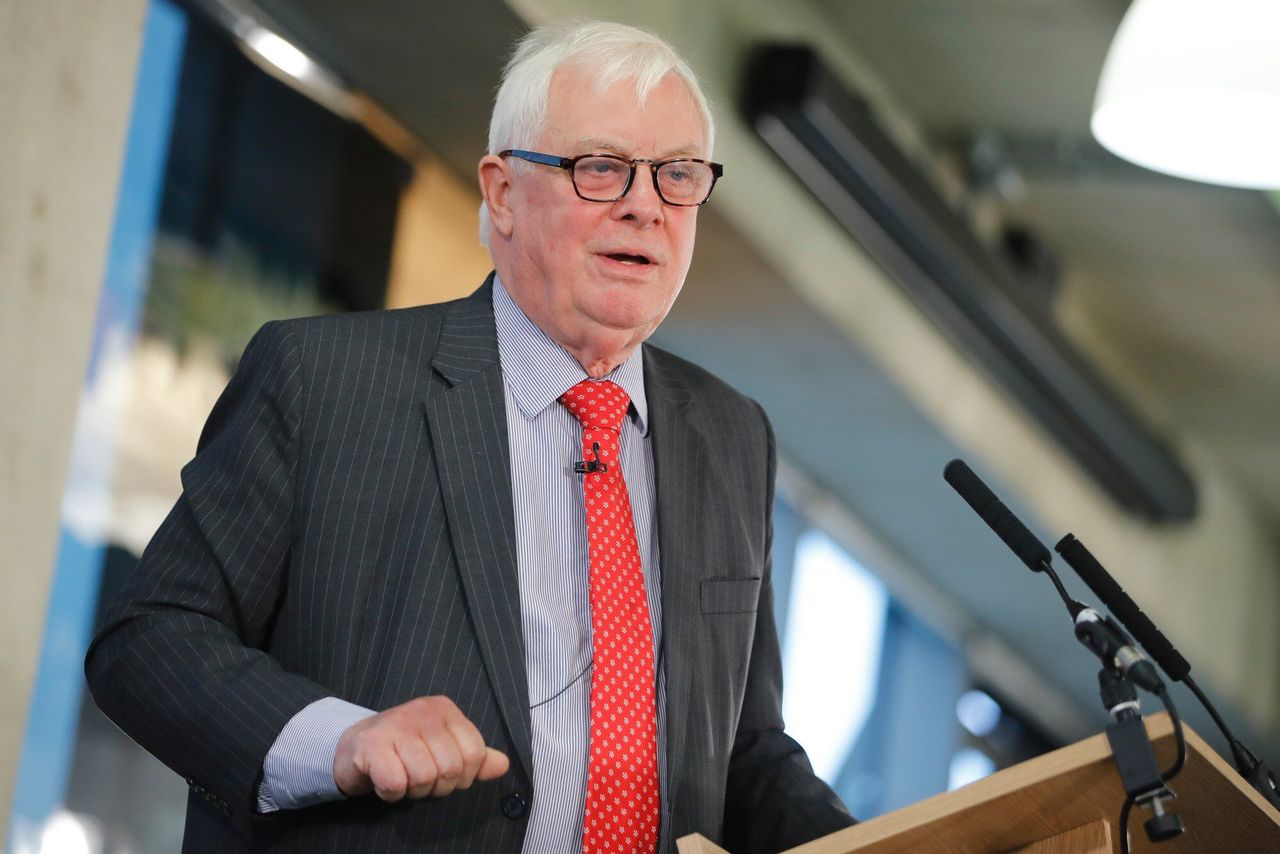Hong Kong News

UK looking at more help for Hongkongers not eligible for BN(O) visa
The United Kingdom says it is looking at what more can be done to support young Hongkongers looking to permanently settle in the country, after former governor Chris Patten put forward a proposal to extend the British National (Overseas) visa scheme to those not eligible.
British minister Andrew Sharpe told the House of Lords on Thursday that the government had heard the concerns about the appropriateness of the other immigration routes for young Hongkongers born to BN(O) parents after 1997.
“We are therefore looking at whether more can be done to support this cohort wishing to build a permanent life in the UK,” he said, adding the government would have an update in the next few weeks.
The proposed amendment to the Nationality and Borders Bill calls for the scheme to be expanded to anyone born on or after 1997, with at least one parent with BN(O) status, and who currently is a resident in Hong Kong or Britain.
 The amendment was introduced to the House of Lords on Thursday.
The amendment was introduced to the House of Lords on Thursday.
Those proposing the amendment pointed to data from advocacy group Hong Kong Watch, which found 93 per cent of more than 1,000 defendants who faced charges relating to the 2019 anti-government protests were under the age of 25, and therefore not likely to be BN(O) status holders.
Last December, the government turned down a similar amendment in the House of Commons, after it raised concerns that it was too broad and did not contain safeguards against age limits and residency.
David Alton, a patron of Hong Kong Watch, introduced the new amendment into the House of Lords, saying the government needed to provide young Hongkongers with “a meaningful route to settlement”, which the BN(O) scheme would provide if opened to them.
“I’m sure there are a range of alternatives that the government could explore,” he added.
Patten, the city’s last colonial governor and a signatory of the amendment, said it repaired a hole in the lifeboat scheme for Hongkongers.
“There has been an absolutely comprehensive assault on all the freedoms that Hong Kong was promised it would continue to exercise for 50 years after 1997,” he said.
 Chris Patten.
Chris Patten.
Patten pointed to the arrests of journalists, the freezing of funds of newspapers and the removal of the Pillar of Shame sculpture at the University of Hong Kong commemorating the victims of the Tiananmen Square crackdown, as examples.
“I think what we’ve seen in Xinjiang is wicked. I think what we’ve seen in Tibet is wicked. I think what is happening in Hong Kong, the destruction of a free city, one of the great free cities in the world – I think that is wrong and we should say it is wrong, and whenever we have an opportunity of doing anything about it, we should take it,” he said.
The BN(O) visa scheme allows successful applicants to live, work and study in Britain for up to five years, and apply for citizenship after six.
But only Hongkongers born before June 30, 1997 – the day before the city’s handover from British to Chinese rule – were eligible for BN(O) status. While the visa scheme allows status holders to emigrate with their dependents, it does not allow the children of eligible parties to apply independently of their parents.
More than 76,000 Hongkongers have successfully applied for the visa scheme since its introduction on January 31 last year up until September 30.
Britain created the visa in response to Beijing’s imposition of the national security law on Hong Kong following the 2019 protests. London said the security law constituted a “clear and serious breach” of the 1984 Sino-British Joint Declaration, which set the conditions for the city’s return to China.











